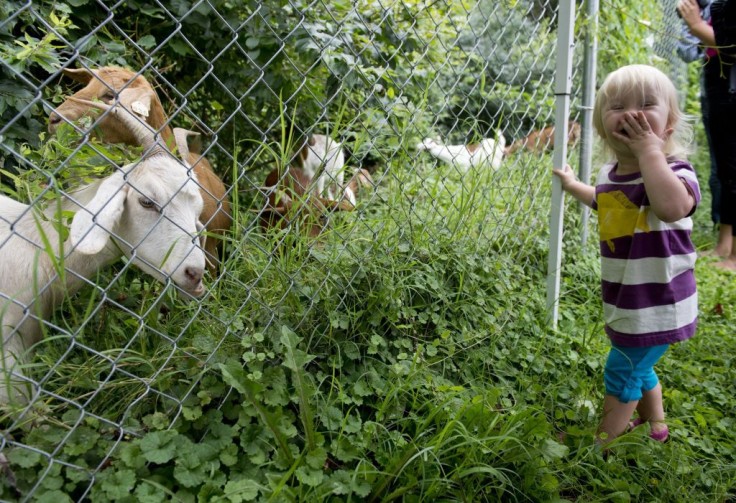
Gardening can be an excellent way to teach your young kids about health and food. That being said, it is important for parents to know which plants in and around your household could be dangerous to children if eaten or touched.
John Caterfino, who is a specialist in poison information at Children's Hospital of Philadelphia (CHOP), suggests that parents make the effort to identify all the plants in their garden and yard, as well as any houseplants they may have, to better understand which among them may pose poison risks. Knowing which plants are not safe for young children can help parents protect their kids from harm.
Poisonous plants are grouped according to the chemicals they contain, which affect the body in various ways. Early indications that a child has been poisoned include vomiting, diarrhea, headache, and nausea. More serious effects can include changes in blood pressure and heart rate. Here are five dangerous plants we should avoid at home to keep our children safe.
Castor oil, coral tree and deadly nightshade among dangerous plants to avoid
One plant that parents must avoid at all costs at home is the castor oil plant. Also known as Ricinus communis, castor oil plant is a common weed that has toxic seeds, leaves, and flowers. According to Raising Children, chewing and swallowing even just a few seeds can cause severe nausea, diarrhea, stomach pain, and vomiting.
Parents should also avoid having a coral tree at home. Also known as Erythrina genus, the coral tree's seeds, bark, and leaves are poisonous. Its seeds are particularly toxic for kids and can cause cyanosis, weakness, light-headedness, and shortness of breath.
Another dangerous plant that parents should be wary of is the deadly nightshade. Also known as Atropa belladonna, the attractive round black/purple berries on this plant are highly toxic. Eating the berries of the deadly nightshade can cause vomiting, confusion, fever, hallucinations, drowsiness, and facial flushing.
Read Also : Miracle Baby Addy Smith Finally Heads Home After Record 848-Day Stay at Rady Children's Hospital
Golden dewdrop and poison ivy need to be avoided
Another plant that is dangerous to have at home is the golden dewdrop. Also known as sky flower, the golden dewdrop is a common weed with pretty but poisonous berries and leaves. Eating these parts of the ornamental plant can cause drowsiness, convulsions, nausea, vomiting, fever, fast heart rate, and in some cases death.
One plant that parents and children need to watch out for is the rhus or wax tree. Also known as poison ivy, this plant can cause strong allergic reactions in many people, resulting in itchiness, blisters, rashes and redness which can last for a week or longer.
It is paramount to avoid any contact with this dangerous plant. According to Cleveland Clinic, even contact with clothing or tools that has been exposed to sawdust or ash from the plant can trigger allergic reactions. When removing the poison ivy, it is important to wear protective clothing to avoid unnecessary contact.